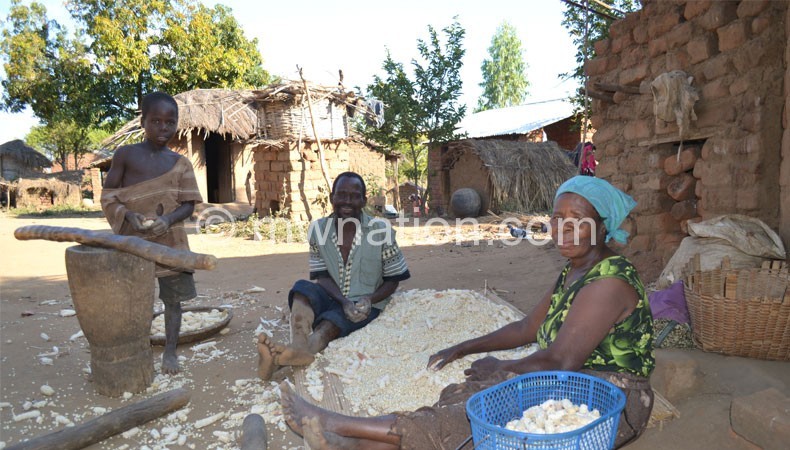Grain Traders Association calls for export ban review
The Grain Traders and Processors Association of Malawi has called upon government to review its policies on export, saying adhoc bans are depriving the country of much needed forex and strangling export diversification.
The association’s projects officer John Banda said in Lilongwe on Tuesday that some of the government policies have been contradictory citing the export bans of some cash crops amid an existing export strategy framework.

He cited the regular ban and uplifting of bans on sunflower, maize, rice exports and soya beans at the time the country is struggling with exports as retrogressive and contributing to poor prices for farmers.
“We are happy that we have a new administration and president, our appeal is that these policies should be reviewed. Government should desist from adhoc bans because farmers are affected when they plan and produce only for them to find no market due to such bans,” said Banda.
He further asked the new administration to fulfill its pledge to purchase soya beans from farmers and urged the administration to work withfarmers organisation in sourcing new markets.
“Government is the main buyer of crops for farmers, but when we advise government they should be able to take our views on board. At the moment the country is losing out on forex due to the farmers who are still exporting banned products illegally . Last year, we were happy to hear government concede that a lot of revenue is being lost and we believe it’s time we change policies on such bans,” added Banda.
He said while some products were not on export ban list, traders in rice and other commodities were struggling due to a rigorous licensing system.
But speaking in interview, Ministry of Trade spokesperson Wiskes Nkombezi said while government has maintained rice and maize on the list most of the products were removed last year from the list.
“Perhaps we can also agree with them that indeed there were concerns over soya beans and sun flower which were last year placed on the list but have since been removed. However, government has justified reasons why we place such crops on the ban, we need to maintain balance on regulating, we need statistics, make sure traders are remitting taxes and forex to government and on the part of maize, maize is a security and special case that is why it is often banned,” said Nkombezi.
He, however, disputed that government has not been consulting farmers and traders prior to making such decisions and added that the licensing of exporters for rice was free from any fees and without much conveniences to the traders.
Following a review of the export ban in July 2013, currently, government has placed a ban on 10 out of previous 25 products which includes maize and rice but majority of the products are not related to the agriculture sector.





